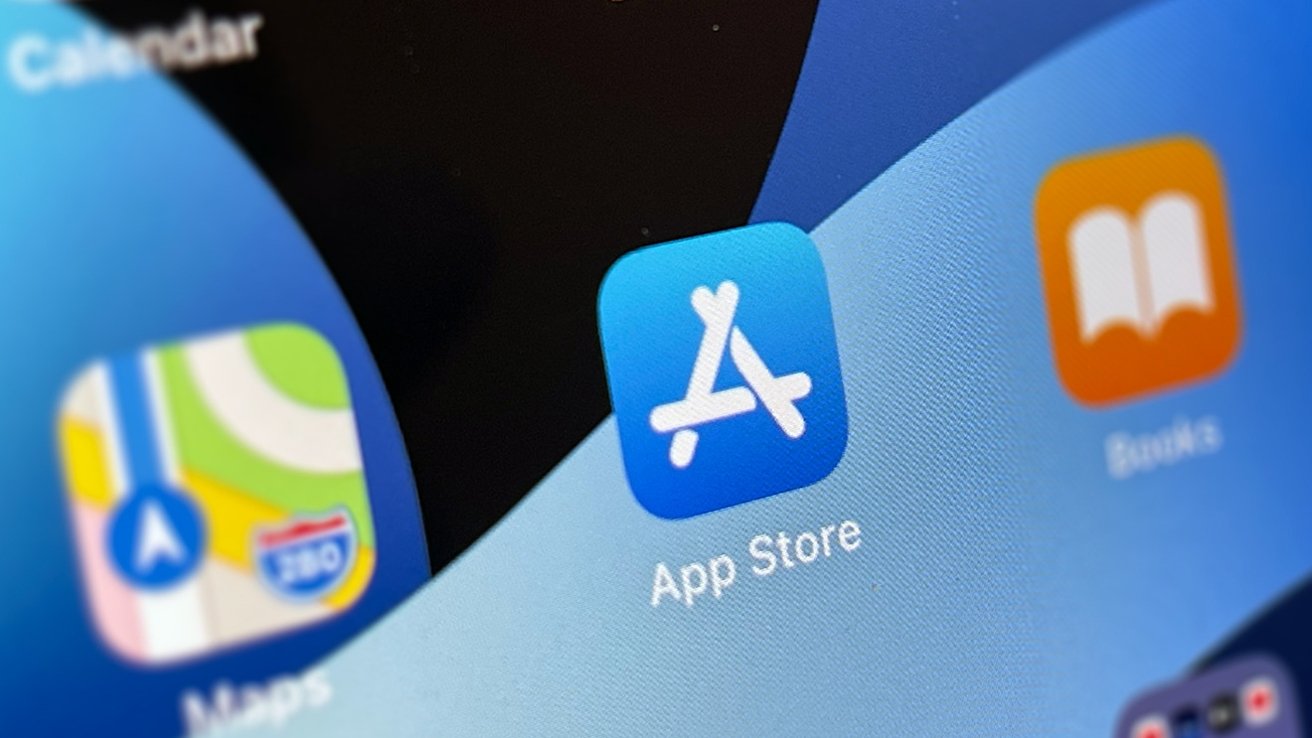
A relatively new lobbying group backed by tech giants including Apple and Google is taking a stand against proposed legislation that targets the outsized market power enjoyed by dominant app stores.
On Wednesday, U.S. Sens. Richard Blumenthal, Amy Klobuchar and Marsha Blackburn introduced the Open App Markets Act, a bill that in part calls on tech companies like Apple and Google to be more open to third-party app stores and sideloading.
The legislation further takes issue with mandates that require developers to use first-party payment systems, as Apple does with its App Store, punishment of apps that present different pricing structures on outside platforms and leveraging private data to compete with third-party apps. Preinstalled apps and private APIs are also mentioned in the bill.
In response, a lobbying group called the Chamber of Progress said the proposed legislation “is a finger in the eye of anyone who bought an iPhone or Android because the phones and their app stores are safe, reliable, and easy to use,” reports ArsTechnica.
“I don’t see any consumers marching in Washington demanding that Congress make their smartphones dumber. And Congress has better things to do than intervene in a multi-million dollar dispute between businesses,” said Adam Kovacevich, CEO of the Chamber of Progress.
Kovacevich’s statement closely aligns with Apple and Google’s stance on the matter.
“Since our founding, we’ve always put our users at the center of everything we do, and the App Store is the cornerstone of our work to connect developers and customers in a way that is safe and trustworthy,” an Apple spokesperson said in a statement to CNBC on Wednesday. “At Apple, our focus is on maintaining an App Store where people can have confidence that every app must meet our rigorous guidelines and their privacy and security is protected.”
The Chamber of Progress, which counts Amazon, Facebook and Twitter as funding members, in June lobbied against a package of antitrust bills designed in part to break up Big Tech platforms. That slate of legislation also scrutinizes app store management with one bill focusing on “self-preferencing” and non-discrimination issues.
Along with government pressure, Apple is facing a legal challenge from Epic Games. The developer claims Apple holds a monopoly and is pushing for the adoption of third-party payment systems and app stores on iOS.